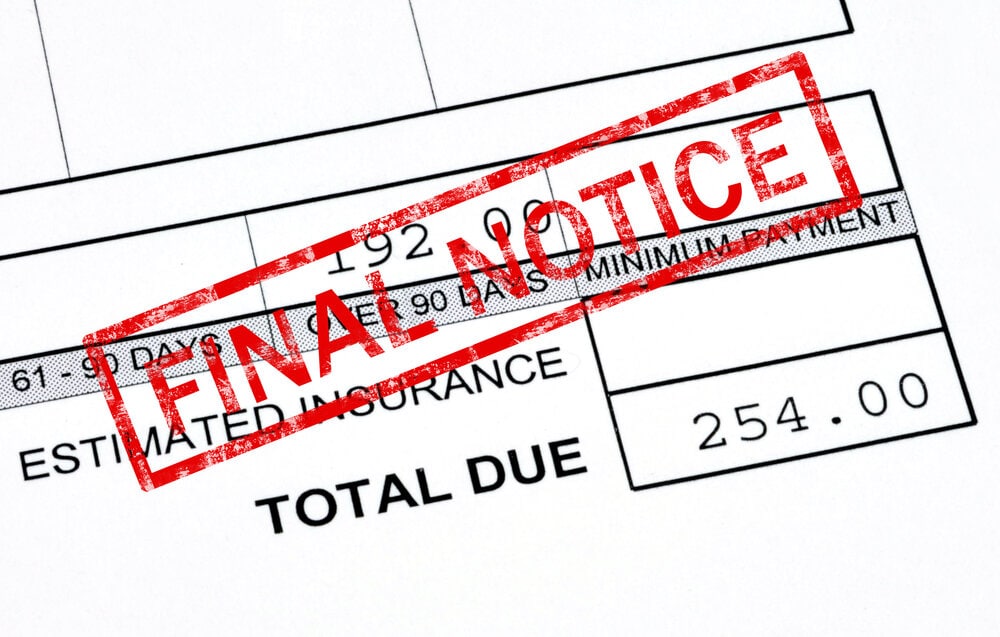Being in debt and unable to pay off your credit card balances can be overwhelming. Fortunately, there are options to help you pay down debt and reduce your interest. Approximately one-third of credit card users have used a form of debt consolidation to help manage their finances.
Debt consolidation is the process of combining multiple balances into one loan or account. This can be done by taking out a new personal loan, transferring your balances to a credit card with lower interest rates, or working with a credit card debt relief attorney to negotiate better terms and reduced payments. Each option has its pros and cons, depending on your financial situation.
Why Consolidating Your Debt Could Help
When you consolidate your debt, it can reduce the amount of interest you pay over time. This is because instead of multiple credit cards with different rates and terms, you have one loan or account with a fixed rate.
Additionally, consolidating can make managing your debt more efficient since all payments go through one lender or institution.
For instance, for students and graduates, the U.S. Department of Education allows borrowers to combine their Federal loans into one Direct Consolidation Loan. This helps to simplify repayment, as each loan becomes one manageable payment rather than several different payments to multiple lenders.
For individuals struggling with debt, there are many options for consolidating credit card debt. Most lenders offer payment plans and consolidation services to help individuals manage their finances.
On the other hand, business owners struggling with multiple credit card payments can use debt consolidation services to help manage their finances. This includes services like balance transfers, loan consolidation, and debt settlement programs in which lenders agree to reduce total balances owed. Additionally, they could consider simplifying their business structure to make financial management more efficient.
Ultimately, the best type of debt consolidation for you will depend on your current financial situation and your ability to make consistent payments over time. It’s essential to weigh all options before taking steps toward consolidating your debt.

Other Benefits of Debt Consolidation
Aside from a lower interest rate, consolidating your debt can help you save on late fees and improve your credit score.
For instance, if you have several accounts with past-due balances, then consolidating them all into one account could result in fewer late payment penalties. Additionally, if the new loan has more favorable terms, it will reflect positively on your credit score.
Finally, debt consolidation can relieve harassing phone calls and letters from creditors. This can be especially beneficial if you’re dealing with complex financial circumstances.
In a nutshell, consolidating your debt means:
- Immediate relief from harassing phone calls
- Fewer late payment fees
- Lower interest rates
The Downsides to Consolidating Your Debt
Taking out a new loan to pay off existing debt can take away some of the pressure from having too many bills to keep track of, but that doesn’t mean there aren’t risks involved with debt consolidation.
Before taking on any additional debt, understand the fees and interest rates associated with the loan and how long you’ll make payments. Some loans might have higher interest rates than the ones you’re currently paying, which could mean spending more money in the long run.
Additionally, consolidating your debt may extend the length of your loan and come with extra fees such as origination, prepayment penalties, or annual fees. All of these factors should be considered before taking out a consolidation loan.
When Is The Best Time To Consolidate Your Debts?
Like an illness, there are warning signs when it comes to debt. If you’re having trouble keeping up with payments or if your debt has become overwhelming, consolidating can be an excellent way to get financial relief.
Another time when consolidation might be the best option is if you have multiple accounts with high-interest rates and can secure a loan that offers a lower rate for all of them. This could save money in the long run.
Regardless of when you choose to consolidate your debts, do research beforehand and work with a reputable lender/financial institution that will provide you with the best terms and advice so that consolidating your debt won’t put more stress on your financial situation.
Can You Keep Your Credit Cards When You Consolidate Your Debt?
Many people worry that they won’t be able to keep their credit cards if they consolidate their debt. Restrictions apply depending on the type of loan you’re taking out, so make sure to check with your lender before making any decisions.
In some cases, it may be possible to keep your cards and use them for emergency expenses or purchases that will help build your credit score. However, if this isn’t an option for you, it might be best to close those accounts and focus on paying off the consolidation loan.
Final Words
Understanding the potential effect of debt on your overall financial health is critical to making smart decisions about debt consolidation. Researching the benefits and risks can help you make an informed decision that works best for your current situation. With thoughtful consideration, consolidating debt can be a viable solution for getting out of debt quickly and easily.



